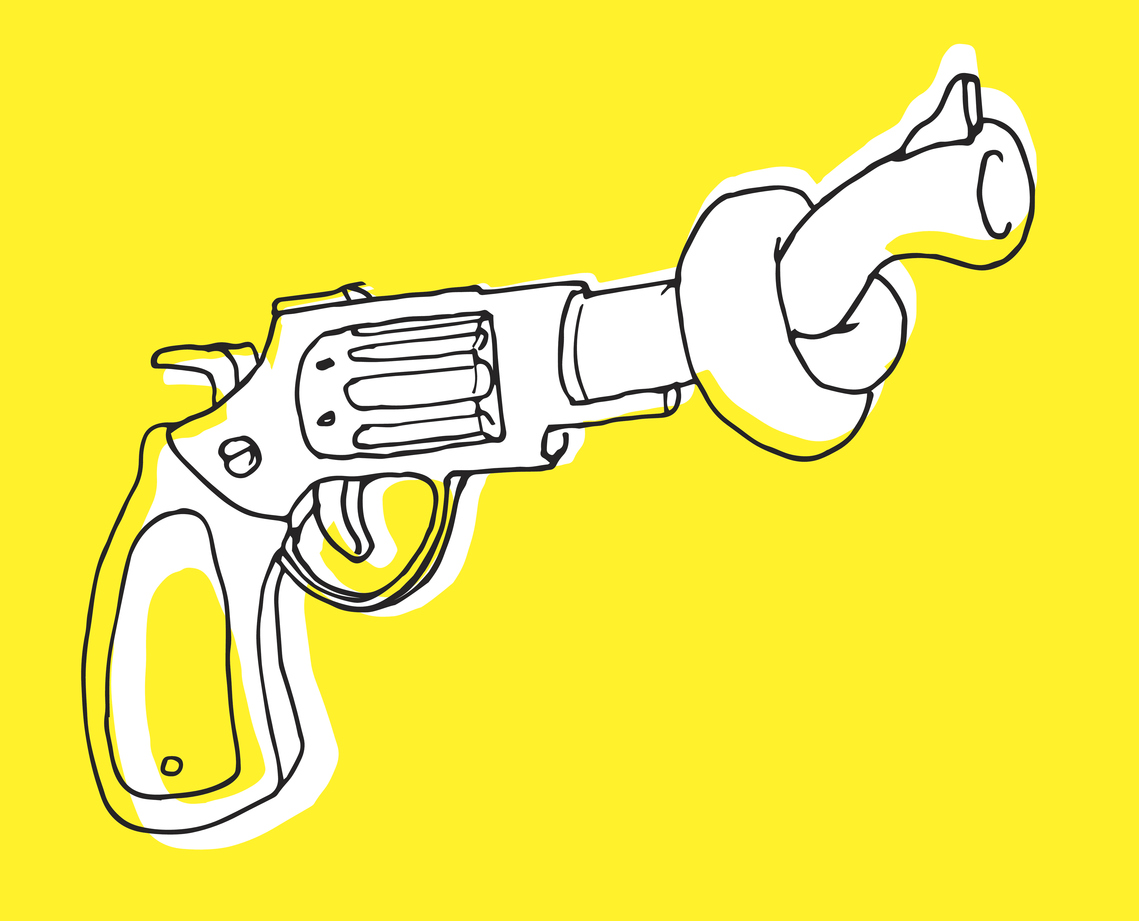I remember riding the bus to school and hearing about Columbine on the radio. It was during the conflict in Kosovo, and when I first heard children were hiding from gunfire I assumed it was a report on the fighting there.
These days, that kind of assumption wouldn’t happen.
It’s been 19 years since the Columbine massacre, and nothing has been done as a response to the ever-increasing shootings at schools. The recent one in Parkland, Florida has sparked a wave of protests led by high schoolers across the country. Those brave and motivated students are one reason while I’ll be joining the March for Our Lives in Washington DC on March 24.
Another reason? The fact that gun violence is a women’s issue.
Women’s issues are too often placed on the sidelines, considered tangential to “real” issues and instead derided as “identity politics.” Even worse, women’s issues are often reduced to just abortion when in reality economics, environmental justice, healthcare, voting rights, and more all have distinct impacts and policy concerns for women. Treating women’s issues as “extra” hurts everyone, but ignoring the link between women’s issues and gun reform is an actual public safety issue.
Here are three reasons why gun reform is a women’s issue:
1. Gun violence is linked to domestic violence. According to Everytown for Gun Safety, in 57% of mass shootings, the shooter killed an intimate partner or family member. One analysis of Everytown’s data found that 64% of the victims of mass shootings were women and children. Of the mass shootings that were related to domestic violence, 81% of the victims were women and children.
Domestic violence murders are never going to get the kind of attention school shootings get. When a mass shooter has domestic violence in his past, it may be discussed in articles delving into his history, but it is not usually the subject of the article. The shooters who opened fire in the Pulse nightclub, a small Texas church, Las Vegas, and even in Stoneman Douglas High School all had histories of domestic violence. This should be ringing all the alarm bells.
2. Guns don’t protect women. Pro-gun lobbyists often claim that firearms will make women safer, that it will help them defend against their abuser. But no surprise — statistics show otherwise. A gun in the home increases the likelihood a domestic violence situation will turn deadly by 500% (!!!). A woman is five times more likely to be killed by an intimate partner if there is a gun in the home. And more than half of women murdered by guns are murdered by an intimate partner (to compare, only 5% of men murdered are killed by an intimate partner according to the Bureau of Justice Statistics).
3. The “boyfriend loophole.” Many will say that gun control laws don’t work or that people convicted of domestic violence crimes are already prohibited from owning a gun. But the federal law that prohibits those with a domestic violence conviction from owning a gun only applies to those who commit the crime while married. If someone is convicted of domestic violence while not married, they are not prohibited from owning a gun. This is commonly referred to as the “boyfriend loophole.” About 70% of mass shooters buy guns legally and research shows that simply living in a state with a high rate of gun ownership increases a woman’s risk of being fatally shot in a domestic violence incident.
I will be at the March for Our Lives registering voters because that is the only way we can accomplish real legislative change. I will also continue to talk about victims of domestic violence because the media never will. We shouldn’t have to make the link between domestic violence and mass shooters to take domestic violence seriously, but if we don’t make that link, then murdered women will be pushed to the side as part of “women’s issues” and taken less seriously. And that is not OK.



